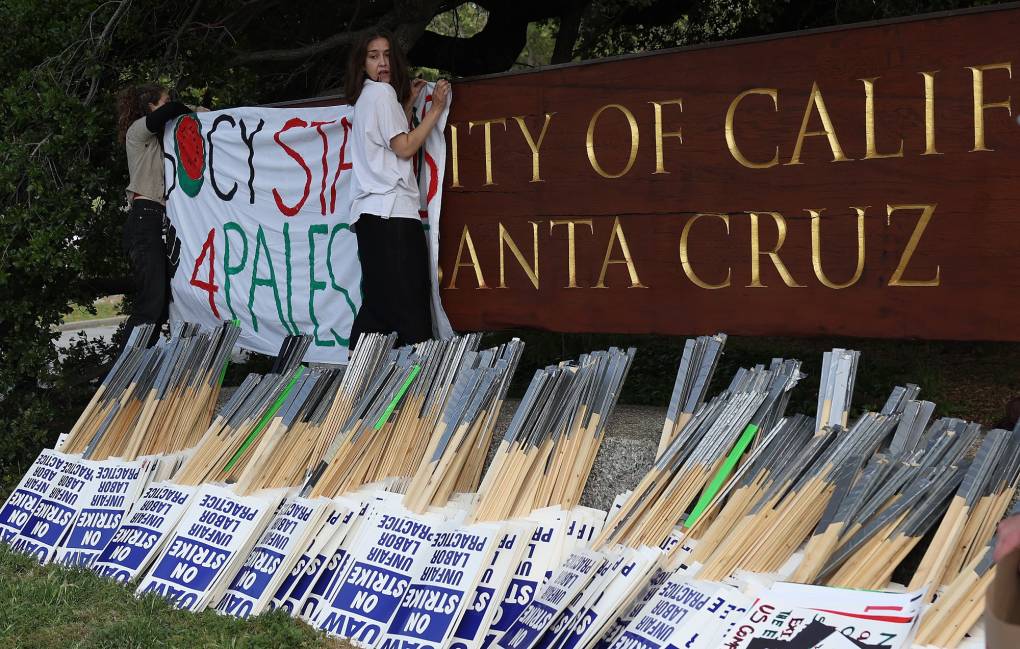Privacy advocates including the American Civil Liberties Union, Common Sense Media and the Electronic Frontier Foundation want to tighten the language. Business interests want to loosen it.
Tuesday was the deadline for state lawmakers to play with a host of bills, some that include amendments to the CCPA, before they come up for a floor vote. Industry groups trying to weaken the act by futzing with its language succeeded in stripping out consumers’ right to opt out of data collection without then having to pay more to receive the same services.
You can imagine, for instance, easily deciding to quit Instagram if opting out of data collection meant you had to pay for an account. But you may be less likely to opt in to more expensive phone service or home insurance in order to opt out of data tracking.
You’re the Product, Whether or Not You Paid for the Service
Companies big and small make money selling your data, or hope to in the future, whether you pay for their services or not: phone companies, carmakers, that stupid app you downloaded Saturday night. California’s Privacy Act doesn’t restrict any of this. The law as it stands now only provides consumers the right to know what data’s being collected, sold and sometimes given away in a data breach.
Companies of all sorts have been careful to let industry groups take the lead in making what could be considered an unpopular case.
For instance, a group called Keep the Internet Free, which is a project of the Internet Association — a trade group for tech companies like Facebook, Google, Microsoft and Twitter, has been geo-targeting people in Sacramento with online ads like this one in recent weeks.
Tech companies asked reporters to contact industry organizations about the CCPA; the groups didn’t respond to KQED requests for comment.
The Fight Going Forward
Privacy advocates don’t anticipate further changes to the language of the act this year. But next year, both sides will continue to do battle while business interests work to weaken or kill similar bills in Washington D.C. — even as they claim that a federal law is necessary to avoid a “patchwork” of laws on the state level.
It’s not yet clear whether a federal law would necessarily preempt tougher state laws.



